Google proposes splitting search engines between iPhone and iPad in antitrust dispute with Apple

Google’s long-standing deal with Apple to remain the default search engine in Safari—a deal reportedly worth $20 billion annually—faces a likely ban following a U.S. antitrust case. As the Department of Justice (DOJ) pushes to prohibit these payments for the next 10 years, Google has proposed countermeasures, including a controversial suggestion to assign different default search engines to the iPhone and iPad.
For years, Google has paid Apple billions to secure its position as the default search engine in Safari’s integrated search bar, capitalizing on the high-value traffic from Apple users. This partnership has been lucrative for both companies. Google benefits from ad revenue generated by search queries from Apple’s affluent customer base, while Apple enjoys billions in essentially passive income.
But the settlement's details emerged in court in 2022, and the DOJ said the payment was anti-competitive. A court then ruled to block a deal like that, and the DOJ asked for a ten-year ban to give smaller search engines a fair shake.
In its counteroffer, Google says it realizes a ban would be unavoidable but aims to cap it at three years instead of ten, considering the tempo of the industry. The company even referred to the recent development of new generative AI-powered search apps as evidence that its current leadership position is by no means guaranteed to last, and that market dynamics could change significantly in only a few years.
Google also threw in one freebie that was pretty out there: allowing Apple to assign different default search engines to the iPhone and the iPad. Theoretically, this would create more spots where rivals could win an auction for Apple's business without Google taking Safari everywhere. But let's get into the "split default" concept a little deeper.
Under Google's proposal, for example, Apple would select Google Search as the default in iPhones, but it could use some other search provider—Bing, by Microsoft for example, or independent search provider DuckDuckGo—on iPads. Another element of the notion: consumers would be permitted to change their default search supplier once every year.
This might be a compromise to provide more flexibility for search engine partnerships, but such a suggestion simply doesn't smell right in view of practicality and user experience. Apple's ecosystem is all about fluency across devices, which is something that could be fragmented by throwing in different defaults for both users who depend on consistent workflow between their iPhone and iPad.
In this scenario, as litigation has progressed, the GoogIe propositions were weighed against the DOJ's prerequisites. Afterward, the court shall make its ruling to impose or extend the ban on the permanent deal for a sum of $20B.
For Apple, losing Google's massive payment would be a financial gut punch to its Services revenue, but the tech giant would likely course-correct, opening the door to new partnerships or double down on privacy-focused options like promoting DuckDuckGo.
Google's offer to divvy up the default positions among Apple devices speaks to its desire to cling to some control while trying to placate antitrust concerns. Whether the compromise will satisfy the court is yet to be seen, but the case could significantly reshape the search engine market-and the relationship between two of tech's biggest players.
The $20B search deal under scrutiny
For years, Google has paid Apple billions to secure its position as the default search engine in Safari’s integrated search bar, capitalizing on the high-value traffic from Apple users. This partnership has been lucrative for both companies. Google benefits from ad revenue generated by search queries from Apple’s affluent customer base, while Apple enjoys billions in essentially passive income.
Google's counteroffer: A shorter ban and split defaults
In its counteroffer, Google says it realizes a ban would be unavoidable but aims to cap it at three years instead of ten, considering the tempo of the industry. The company even referred to the recent development of new generative AI-powered search apps as evidence that its current leadership position is by no means guaranteed to last, and that market dynamics could change significantly in only a few years.
Under Google's proposal, for example, Apple would select Google Search as the default in iPhones, but it could use some other search provider—Bing, by Microsoft for example, or independent search provider DuckDuckGo—on iPads. Another element of the notion: consumers would be permitted to change their default search supplier once every year.
So what's to follow?
In this scenario, as litigation has progressed, the GoogIe propositions were weighed against the DOJ's prerequisites. Afterward, the court shall make its ruling to impose or extend the ban on the permanent deal for a sum of $20B.
For Apple, losing Google's massive payment would be a financial gut punch to its Services revenue, but the tech giant would likely course-correct, opening the door to new partnerships or double down on privacy-focused options like promoting DuckDuckGo.
Google's offer to divvy up the default positions among Apple devices speaks to its desire to cling to some control while trying to placate antitrust concerns. Whether the compromise will satisfy the court is yet to be seen, but the case could significantly reshape the search engine market-and the relationship between two of tech's biggest players.
Follow us on Google News


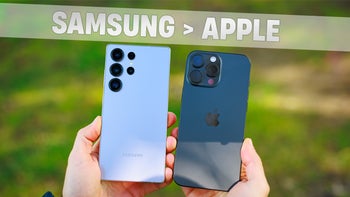

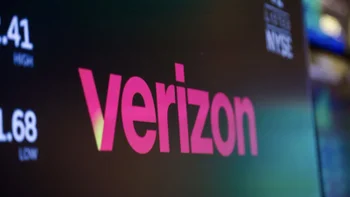
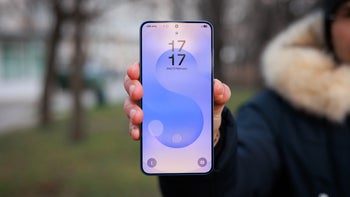
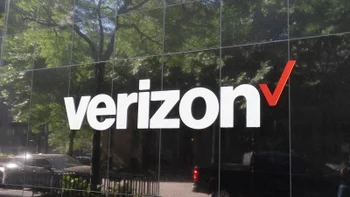
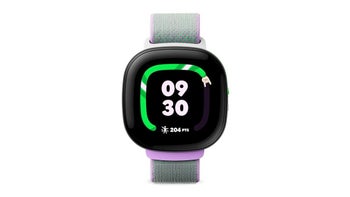
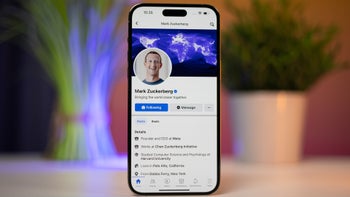
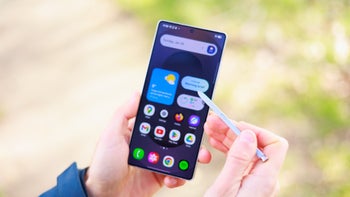

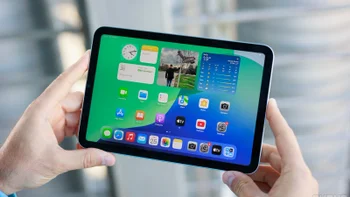

Things that are NOT allowed:
To help keep our community safe and free from spam, we apply temporary limits to newly created accounts: